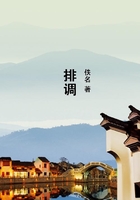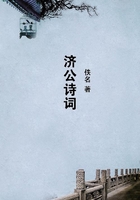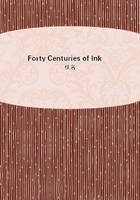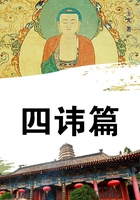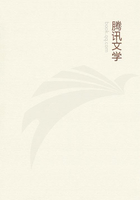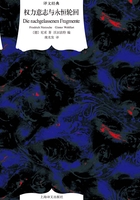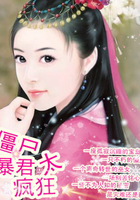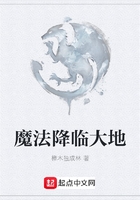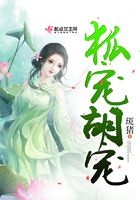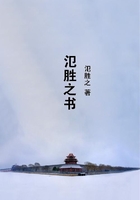Some cities and states which have no land belonging to them subsist by exchanging their labour or manufactures for the produce of the land of others. Such are Hamburg, Dantzig, several other cities of the Empire, and even part of Holland. In these states it seems more difficult to estimate the circulation. But if we could estimate the amount of foreign land which furnishes their subsistence, the calculation would probably not differ from that I have made for the other states which live chiefly on their own produce and are the subject of this essay.
As to the cash needed to carry on foreign trade it seems that no more is required than what is in circulation in the state when the balance of foreign trade is equal, that is when the products and merchandise sent abroad are equal in value to those imported.
If France sends cloth to Holland and receives from her spices, of equal value, the landowner who consumes these spices pays the value of them to the grocer, who pays the same amount to the clothmaker, to whom it is due in Holland for the cloth he has sent there. This is done by bills of exchange which will be explained later. These two money payments take place in France apart from the rent of the landowner, and no money leaves France on that account. All other classes of society who consume Dutch spices, similarly pay the grocer, viz. those who live on the first rent, that is the landowners, pay from this rent, and those who live on the other two rents in country or in city pay the grocer directly or indirectly out of the money which conducts the circulation of these rents. The grocer again pays this money to the manufacturer for his bill upon Holland, and no increase of money is needed for circulation in the state because of foreign trade when the balance is equal. But if it is not equal, if more merchandise is sold to Holland than is bought back, or vice versa, money is needed for the surplus which Holland must send to France or France to Holland. This will increase or diminish the amount of money circulating in France.
It may even occur that when the balance with the foreigner is equal to the trade with him may retard the circulation of ready money and therefore require a greater quantity of money by reason of this commerce.
For example, if the French ladies who wear French stuffs wish to wear Dutch velvets, which are paid for by the cloth sent to Holland, they will pay for these velvets to the merchants who imported them from Holland, and these merchants will pay the manufacturers of cloth. The money thus passes through more hands than if these ladies took their money to the manufacturers of cloth and contented themselves with the fabrics of France. When the same money passes through the hands of several undertakers the rapidity of circulation is slowed down. But it is difficult to make an exact estimate of this sort of delay which depends upon various circumstances. Thus, in our present example, if the ladies pay the merchant for the velvet today, and the merchant pay the manufacturer tomorrow for his bill on Holland, if the manufacturer pay the wool merchant the next day and this last pay the farmer the day after, it is possible that the farmer will keep the money in hand more than two months to make up the quarter's rent which he must pay his landlord. This money might in two months have circulated through the hands of a hundred undertakers without locking up the circulating medium needed by the state.
After all, the principle rent of the landowner must be considered to be the most necessary and considerable branch of the money in regard to circulation. If he lives in the city and the farmer sells in the same city all his produce and buys there all the merchandise necessary for country use, the ready money may always remain in the city. The farmer will sell there produce exceeding half the output of his farm; he will pay his landlord in the same city the money value of one third of his produce and the rest to merchants or undertakers for merchandise to be consumed in the country. Even here, however, as the farmer sells his produce for lump sums, which are subsequently distributed in retail purchases, and are again collected to serve for lump payments to the farmers, the circulation has always the same effect (subject to its rapidity) as if the farmer took to the country the money received for his produce and sent it back again to the city.
The circulation consists always of this, that the large sums which the farmer receives on the sale of his produce are split up in detail and then brought together again to make large payments. Whether this money go partly out of the city or remain there entirely it may be regarded as the circulating medium between city and country. All the circulation takes place between the inhabitants of the state, and they are all fed and maintained in every way from the produce of the soil and raw materials of the country.
It is true that the wool, for example, which is brought from the country, when made up into cloth in the city is worth four times its former value. But this increase of value, which is the price of the labour of the workmen and manufactures in the city, is exchanged for the country produce which serves for their maintenance.

